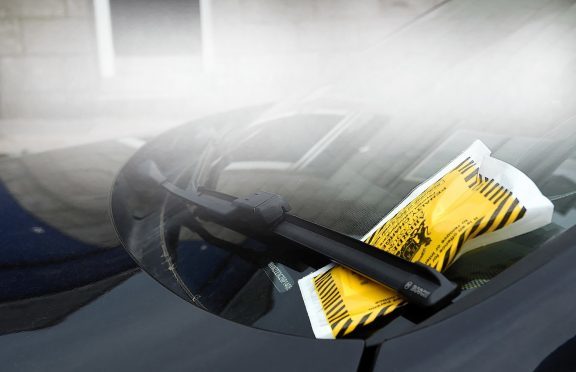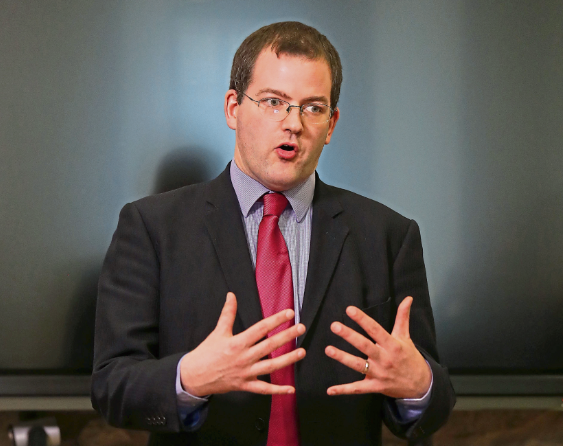An MSP has urged council bosses to give temporary free parking permits to social care workers during the coronavirus lockdown.
Mark McDonald, who represents Aberdeen Donside, made the call amid fears that many carers have been struggling to find parking spaces during community visits because of the high number of people working from home.
The independent MSP has written to Aberdeen City Council chief executive Angela Scott to make the suggestion.
Care workers are providing an essential service during this time of crisis.”
Health Secretary Jeane Freeman previously announced that parking charges would be waived for three months from today at the three Scottish hospitals where they are still in place – Ninewells Hospital in Dundee, Glasgow Royal Infirmary and Edinburgh Royal Infirmary.
In England, local authorities have been told to provide free car parking on council-owned on-street spaces and car parks for NHS and social care staff.
Mr McDonald believes councils in Scotland should consider a similar move.
“With people being at home during the lockdown, many streets are now filled with vehicles, meaning care workers who have to do home visits in some parts of the city will struggle to park near to those they are providing care for, adding time into their visits,” he said.
“Given the challenges this may present, I have asked the council to consider issuing a permit for use during the lockdown excusing carers from being required to pay for parking, or from being ticketed, to ensure any potential impediments to the provision of care are removed.
“Care workers are providing an essential service during this time of crisis, and anything that can be done to help make their work easier should be considered.”
It is estimated that more than 800,000 people across the UK rely on home visits from carers.
Such services ease pressure on the NHS by ensuring many vulnerable people can receive the care they need at home.
A spokesman for Aberdeen City Council said: “We are now in receipt of Mr McDonald’s letter and we will respond directly to him in due course.”


